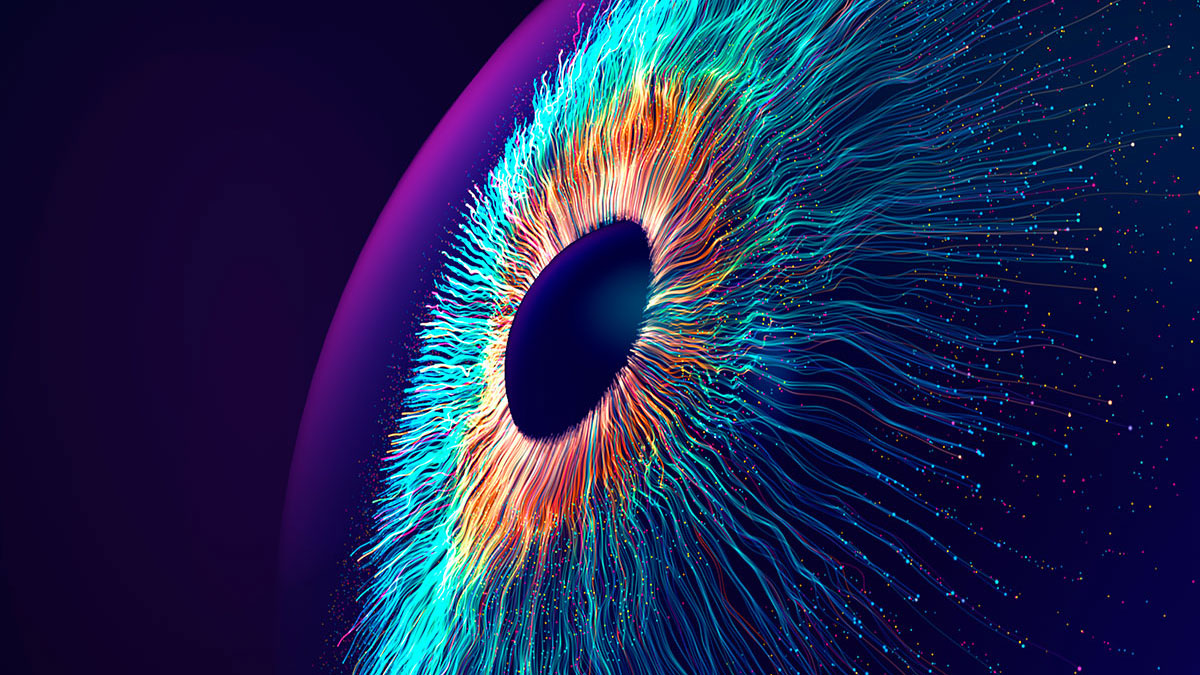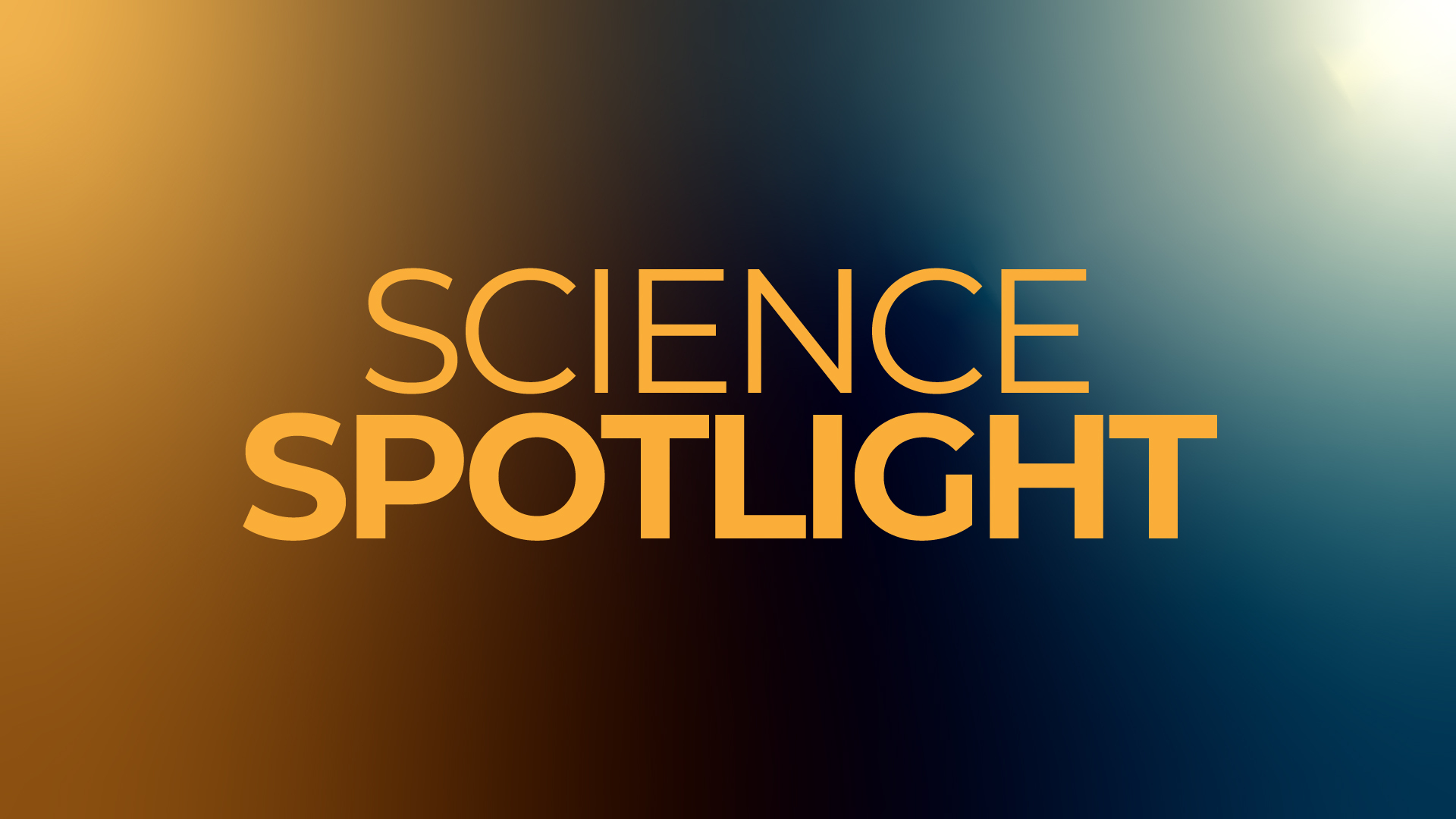Science News: Recent scientific discoveries and expert analysis
Read the latest science news and recent scientific discoveries on Live Science, where we've been reporting on groundbreaking advances for over 20 years. Our expert editors, writers and contributors are ready to guide you through today's most important breakthroughs in science with expert analysis, in-depth explainers and interesting articles, covering everything from space, technology, health, animals, planet Earth, and much more.

Explainers | Everything you need to know about the science news that matters.

Science Spotlight | Shining a light on new science transforming our world.
Latest news

Simple blood test could help reveal whether melanoma will come back
By Stephanie Pappas published
A new study finds that fragments of tumor DNA in a patient's bloodstream could show that they are at high risk of a melanoma recurrence.

Nearly 3 million extra deaths by 2030 could result from HIV funding cuts, study suggests
By Nicoletta Lanese, Emily Cooke published
A modeling study looked at how anticipated cuts to international HIV funding would affect the rate of new cases and HIV-related deaths in low- and middle-income countries.

'Squeezing' Schrödinger's cat-inspired qubits could lead to more reliable quantum computing
By Peter Ray Allison published
A new technique improves the reliability of cat qubits by squeezing their probabilistic states. This could improve their reliability and lifetime, and pave the way for accurate quantum computing.

Dyson spheres could really exist — but there's a catch
By Paul Sutter published
Is it possible to build a Dyson sphere that isn't catastrophically unstable? New research says yes, but only in one type of star system.

Life on Mars could survive — so long as you're one of these strange, hybrid lifeforms
By Harry Baker published
Researchers bombarded lichens with a year's worth of Martian radiation in just 5 hours — and they survived, hinting that the extremophiles could potentially live on the Red Planet.

See Venus at its 'greatest brilliancy' this week — or wait until Sept. 2026
By Jamie Carter published
Early on April 24, Venus will be at its brightest in the morning sky — just 67 days after it was at its brightest in the evening sky. Here's why.

How will the latest generation of fighter jets stand out? The answer lies in stealth tech.
By David Bacci published
The fighter jets are likely to incorporate AI, as well as advanced engine and stealth technology.

James Webb telescope reveals hidden past of the Crystal Ball Nebula - Space Photo of the Week
By Jamie Carter published
The James Webb Space Telescope has pointed its infrared optics at the 'Crystal Ball Nebula' NGC 1514, a planetary nebula studied since the late 1800s.

'Beauty' particle discovered at world's largest atom smasher could unlock new physics
By Ben Turner published
Why matter dominates over antimatter in our universe has long been a major cosmic mystery to physicists. A new finding by the world's largest particle collider has revealed a clue.

'Secrets of the Penguins' will take penguin observations 'to another level,' executive producer James Cameron
By Ben Turner published
A three-part documentary on penguins' hidden lives will reveal a number of never-before-seen moments. Here's what executive producer James Cameron said about what to expect.

Curiosity rover finds largest carbon chains on Mars from 3.7 billion-year-old rock
By Jess Thomson, Ben Turner published
NASA's Curiosity Rover has discovered long carbon chains on Mars. On Earth, molecules like these are overwhelmingly produced by biological processes.

Stabbed, cut, attacked, twisted — scientists subject new stretchable battery to extreme torture, and it retained 90% of its capacity
By Ruari McCallion published
A new stretchable hydrogel battery can withstand extreme conditions and still operate effectively, scientists say.

Universe may revolve once every 500 billion years — and that could solve a problem that threatened to break cosmology
By Elana Spivack published
A slowly spinning universe could resolve a puzzle in physics known as the Hubble tension, a new model suggests.

Scientists hijacked the human eye to get it to see a brand-new color. It's called 'olo.'
By Nicoletta Lanese published
Using an experimental technique called "Oz," researchers stimulated the human retina such that people saw a brand-new color.

Measles has long-term health consequences
By Stephanie Pappas published
Measles can erase the immune system's "memory" and cause a rare but fatal health condition. The MMR vaccine prevents these repercussions, evidence shows.

The North Pole could wander nearly 90 feet west by the end of the century
By Skyler Ware published
As climate change melts ice sheets and glaciers, water is being redistributed across the globe — and could end up moving the point of Earth's axis of rotation.

Student accidentally creates 'shape-recovering liquid' that's an exception to the laws of thermodynamics
By Elana Spivack published
A graduate student accidentally created a blend of oil, water and nickel particles that formed an unexpected shape.

Is getting an IUD painful?
By Marilyn Perkins published
People experience different amounts of pain during IUD insertion, but there are a number of pain-relief options available to patients getting the contraceptive.
Sign up for the Live Science daily newsletter now
Get the world’s most fascinating discoveries delivered straight to your inbox.


